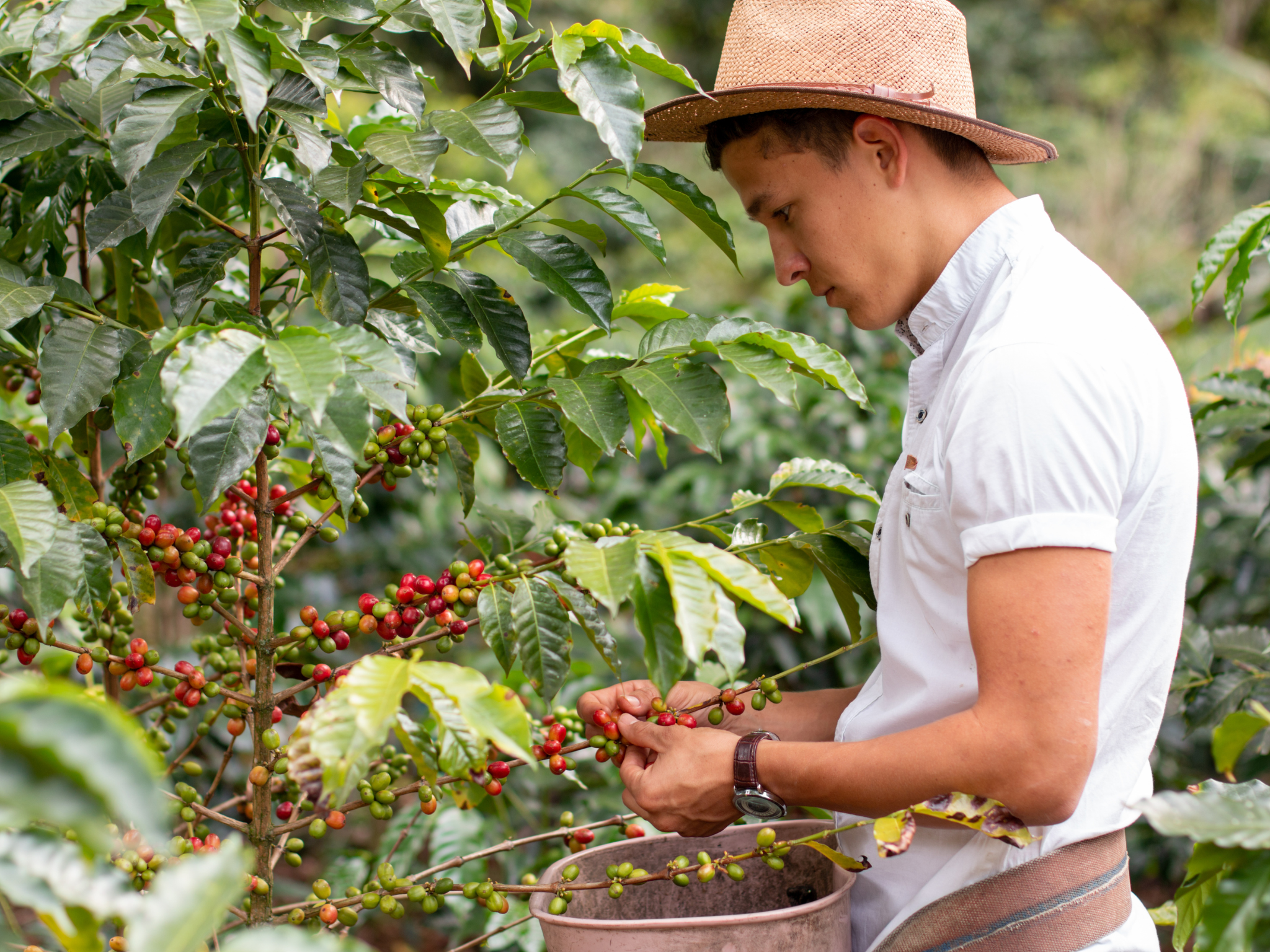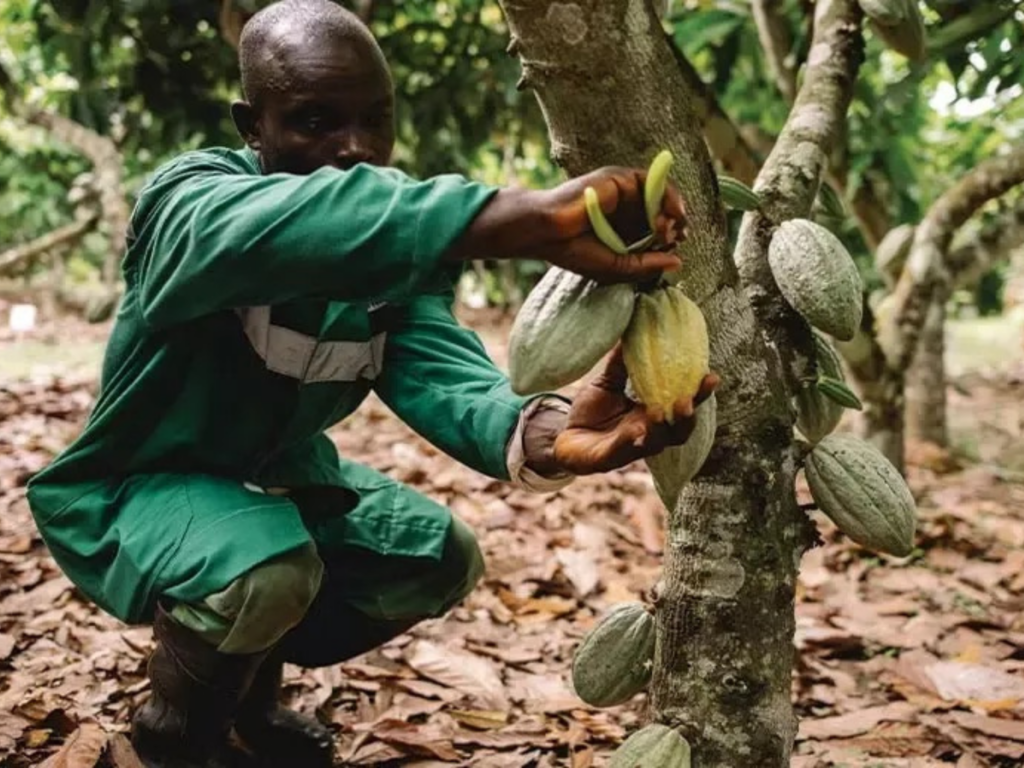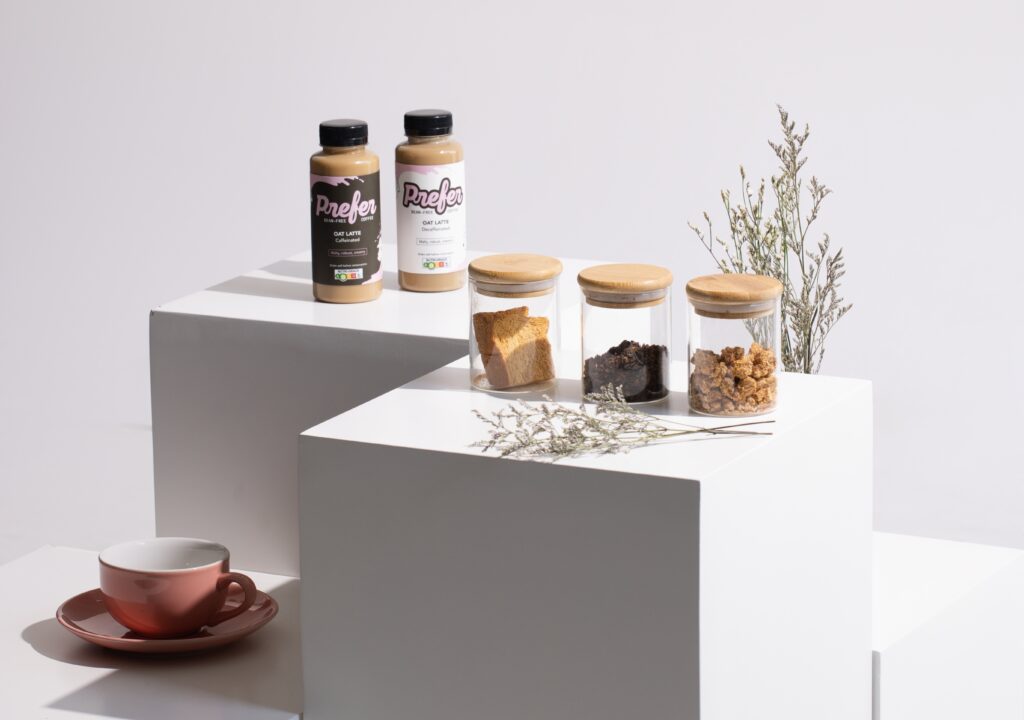
The future of coffee, cocoa and wine is already in danger thanks to climate change, and even the most advanced geoengineering interventions might not be enough to protect them.
In a damning study about the extent of the climate crisis’s damage, scientists have warned that some of the world’s economically important crops may be past saving.
Collectively, more than 175 million people are dependent on the coffee, chocolate and wine industries; however, these commodities face existential threats from climate change. Global wine production has fallen to its lowest levels in 60 years, cocoa stocks are the weakest in a decade, and coffee prices have broken all-time records.
Each industry has been looking for ways to mitigate the impacts of extreme weather, with giants like Starbucks and Nestlé developing new crop varieties that can withstand climate change and increase yields.
According to the study, published in Environmental Research Letters, even the most advanced climate fixes might not secure the future of these coffee, cocoa beans, and wine grapes.
Tech that cools the planet still not enough

Each of the crops in question grows only in specific regions where environmental conditions are favourable. Many grape species, for example, have specific temperature, rainfall and soil moisture needs, while arabica coffee is less heat-tolerant than robusta (which tends to be lower-grade). Cocoa is highly susceptible to pests and diseases caused by high temperatures, rainfall and humidity.
The research explored a process called stratospheric aerosol injection (SAI), which helps reflect some sunlight away from Earth and releases it into the upper atmosphere instead. This mimics the temporary cooling that occurs after large volcanic eruptions.
The scientists analysed whether SAI could stabilise conditions for grape, coffee and cocoa cultivation across major growing areas in western Europe, South America and West Africa. They modelled climate conditions from 2036 to 2015 across 18 regions, assessing how SAI could affect temperature, rainfall, humidity, and disease risk.
The process was found to be able to lower surface temperatures, but it did not preserve the favourable conditions needed for healthy yields. In fact, only six regions showed a significant improvement in growing conditions compared to a scenario without SAI.
Unpredictable rainfall and humidity levels were the biggest barriers to SAI’s success, which is far less effective at moderating moisture levels or preventing flooding than it was at cooling the planet. This means crop yields and farm income projects remain unstable even under SAI conditions.
“Reducing temperature with SAI alone isn’t enough,” explained co-author Ariel Morrison. “Natural climate variability also cannot be ignored – it leads to a wide range of outcomes under the same SAI scenario that could affect the livelihoods of farmers growing cacao, coffee, and grapes.”
Findings shine light on the potential of bean-free coffee and cocoa

Morrison explained that while SAI could alleviate heat stress in some places in the short term, it isn’t a reliable long-term solution. “SAI climate intervention may offer temporary relief from rising temperatures in some regions, but it is not a guaranteed fix for the challenges facing luxury crop farming,” she said.
“Adaptation strategies tailored to local conditions, investment in resilient agricultural practices, and global cooperation are essential to saving these crops and the communities that depend on them,” she added.
The study shows that technological fixes alone won’t safeguard these key industries – the effort will require innovation and global commitment to sustainable adaptation. It also highlights the importance of novel production methods, like growing coffee and chocolate in cell culture, and alternatives made from more resilient and climate-friendly crops.
Many food tech startups are creating bean-free alternatives to coffee and chocolate, with some using fermentation and roasting techniques akin to the conventional industries. They are less susceptible to climate change and supply shocks, reduce companies’ planetary impact, and can be used to replace or complement the ingredients in a variety of applications.
One startup that makes both is Singapore-based Prefer. “Using Prefer’s fermentation technology, we’re able to make flavours and ingredients, like coffee and cocoa, for the food industry to provide delicious, affordable, and sustainable products to the masses,” its co-founder and CEO Jake Berber tells Green Queen.
“Our mission is to futureproof our favourite foods,” he adds. “The study confirming that climate change may soon outpace our ability to protect coffee and cocoa is both disheartening and a critical validation of our work at Prefer.”
Industry giants are already recognising the potential of beanless alternatives. Barry Callebaut, the world’s largest chocolate supplier, has partnered with German cocoa-free chocolate maker Planet A Foods to develop new products. Moreover, it’s exploring cell-based cocoa, an area that Lindt & Sprüngli and Mondelēz International have invested in, too.
The post Even Fixing Climate Change May Not Save Coffee, Chocolate & Wine: Study appeared first on Green Queen.
This post was originally published on Green Queen.